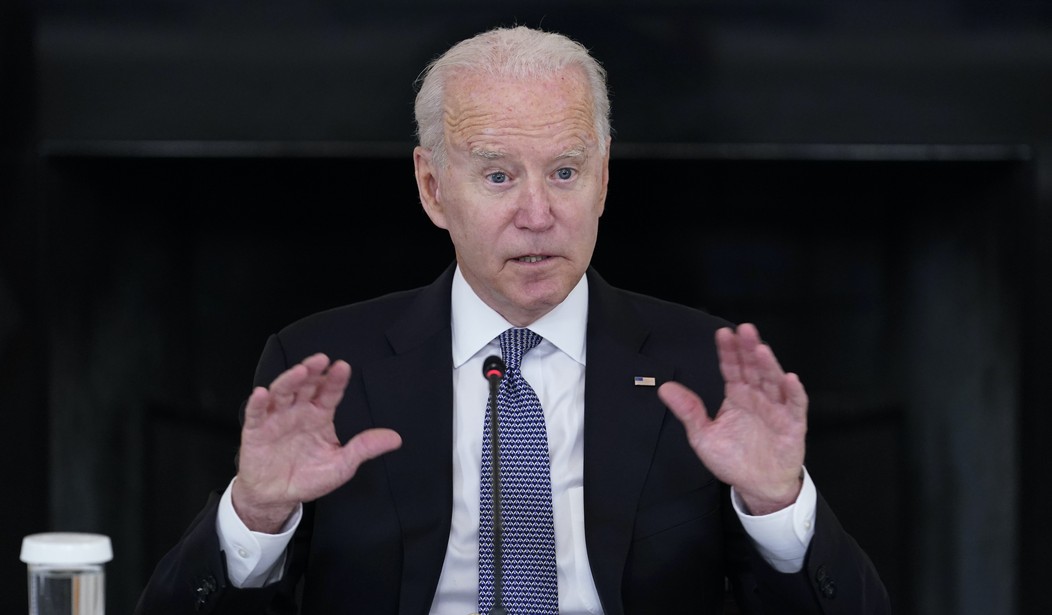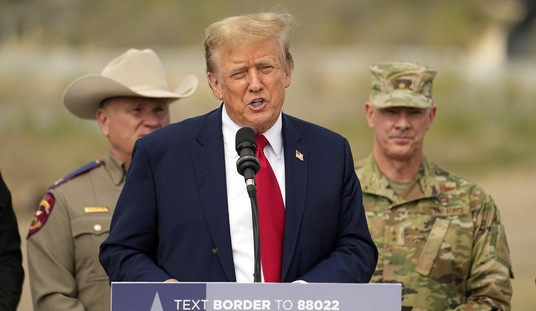Several days ago, the intelligence agencies said it would take months for the Taliban to take Kabul, Afghanistan’s capital. It took only days. Shocking videos and photos showed chaos at the Kabul airport, as Afghans desperately sought an exit. Another photo showed a Chinook helicopter airlifting personnel from the American embassy—reminiscent of the fall of Saigon after the Vietnam War.
Many are now saying that the collapse of Afghanistan shows we shouldn’t have left, or that President Biden mismanaged the exit. Rather, the complete collapse of the Afghan army and former Afghan government shows the futility of America’s 20-year war.
One factor in the quick collapse of the Afghan government army was they had grown completely dependent on airstrikes from the U.S.—the American military or Afghan generals never prepared for less American air support, even after 20 years. Another was that America never understood the complex web of relationships between factions on the ground—but the Taliban does and did.
But even more than this, the American-backed government had very little real public support. Many Afghans viewed the Taliban as the lesser of two evils. The Taliban are more popular in the Afghan countryside than many in official Washington would like to admit. The Taliban can be brutal and backwards, but so can Afghan government officials and the warlords Washington was forced to align with. Other Afghans simply weren’t willing to fight for Washington’s government in Kabul. During mass desertions, many Afghan army fighters gave up for a few dollars from the Taliban. Without popular support in the countryside and without a willingness on the part of Afghans to fight the Taliban, the U.S. mission was always doomed to fail.
Recommended
Far from showing how important it was for America to stay forever, these facts show just how hopeless the mission was from the get-go. Washington, just as in Vietnam, lied endlessly to cover that up. Days before Kabul fell, the Pentagon was claiming that U.S. airstrikes in Afghanistan were “having an effect” on the Taliban’s advance.
Before President Biden’s withdrawal, Afghanistan was a stalemate for around 10 years. An attempt by President Obama in 2014 to hand more responsibility over to the Afghan forces failed miserably. Pentagon and Washington officials knew for years that the war was unwinnable, and that there was no progress on the ground, but they spun the war as an ongoing success.
Washington spent nearly $90 billion training and equipping the Afghan security force. Publicly, generals praised the Afghan forces and claimed they would soon be able to take over operations in the country from American forces—hawkish politicians repeated the line that Afghan forces carried most of the war’s burden. But, according to a forthcoming book on secret documents about the war, the “U.S. military officials privately harbored fundamental doubts for the duration of the war that the Afghan security forces could ever become competent or shed their dependency on U.S. money and firepower.”
Back in 2011, Army Lt. Gen. William Caldwell IV said, “We’ve made tremendous strides, incredible progress.” In private, he was saying the opposite, but also claimed that more money spent by the Obama administration would finally fix a ‘poorly-led, uninspired, and illiterate’ force. That was 2011. A competent Afghan force was always just around the corner, if we only waited long enough.
A former U.S. soldier who was tasked with training the Afghani army put it bluntly: “I don’t think I could overstate that this was a system just basically designed for funneling money [to defense and government contractors] and wasting or losing equipment.”
The takeaway is that the withdrawal from Afghanistan was always going to be messy, because the situation was a house of cards only propped up by a constant and costly American commitment. The risk is that many in Washington have utterly failed to learn the real lesson.
As Kabul was falling, Senate Minority Leader Mitch McConnell (R-KY) called for even more airstrikes against the Taliban. The generals—who never wanted to pull out of Afghanistan and stymied President Trump’s efforts to do so—were also pushing for a perpetual air campaign. But America can’t stay forever.
In the coming months, politicians will try to call the administration “weak” for withdrawing as the Taliban solidifies control, and influential voices in Washington—through overt and behind the scenes methods—will try to convince President Biden that he needs to re-enter the country and maintain a military campaign countering the Taliban. It’s worth remembering that these same officials have been lying about the war for years. The collapse of the Afghan government is an indictment of all those who promised the U.S. was making progress in the nation building campaign. President Biden should listen to his instincts and get us out of Afghanistan for good—and that includes ending all airstrikes unless there’s a direct and legitimate threat to the homeland posed by terrorism.





















Join the conversation as a VIP Member